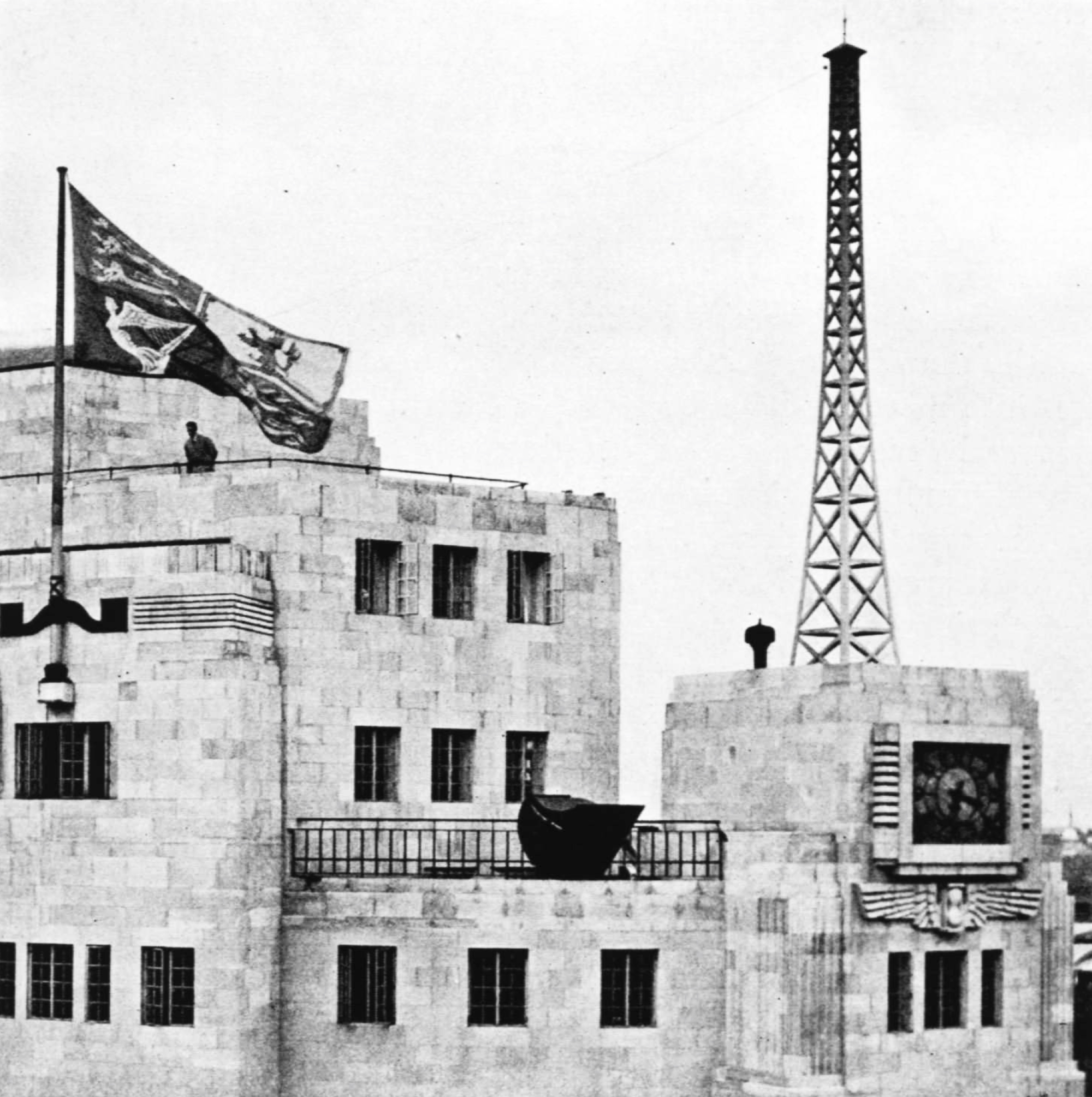Conclusion
The facilities provided by Broadcasting House should make it possible for programmes to be handled far more smoothly than in the past, with, it is hoped, an improvement in timing and presentation.
The rapid developments which have been made in recent years in the all-important question of acoustics, and the fact that studios have been built as studios and are not converted offices, should lead to a noticeable improvement in reproduction. In the past, for various reasons which are outside the scope of this article, studios had to be made ‘dead’, i.e. with practically no reverberation. To-day a brilliant and natural effect can be obtained, comparable with the acoustics of the best outside halls from which broadcasts are relayed.
The additional accommodation will permit more elaborate programmes to be undertaken, and will provide more space for rehearsals, while the provision of the latest methods of switching will enable minor faults to be rectified during the run of a transmission far more rapidly than has ever been possible in the past.
British materials have been used almost exclusively in the construction and decoration of Broadcasting House. At first the B.B.C. met with difficulty in obtaining British substitutes for some foreign fabrics and materials which were required for decorating the studios. Eventually the efforts of the B.B.C. and the designers resulted in certain firms being persuaded to manufacture, at competitive prices, articles of the same quality as the foreign ones. The heavier materials — stone, bricks, timber, metalwork, fittings — were all of British manufacture, all the timber coming from within the Empire.
The design itself may truthfully be described as an English design, an example of modern English architecture, which, although it shows the influence of twentieth-century currents of thought, yet pays its respects to the great English tradition of urban building which still lingers in Portland Place. As Mr. Howard Robertson says: ‘If good architectural design, as all true architects believe, is an aid to human efficiency, the future of British broadcasting is doubly bright.’
